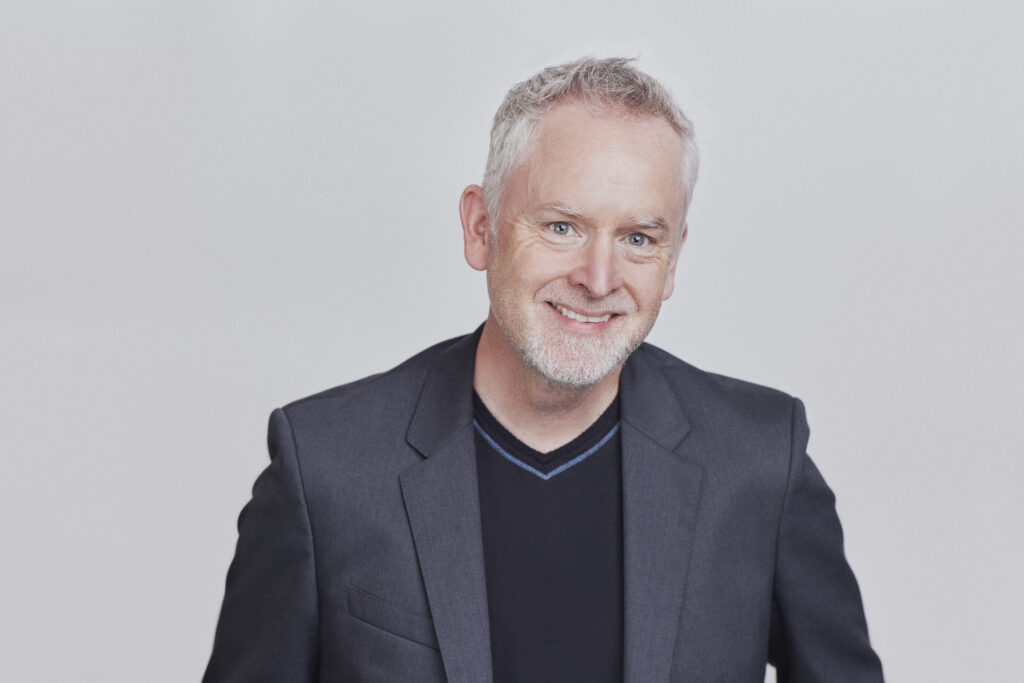
By Aaron Harris, Global Chief Technology Officer at Sage
Artificial intelligence (AI) is no longer a futuristic fantasy; it’s rapidly reshaping our world. According to Sage’s recent Vision to Industry report, a staggering 28% of venture capital went to AI startups in the second quarter of 2024 and over nine-in-ten (90%) small and medium-sized businesses (SMBs) plan to leverage AI for real-time monitoring and anomaly detection by 2030.
However, this rapid proliferation presents a double-edged sword where innovation is outpacing regulatory frameworks. And navigating these uncharted territories requires a strong ethical compass. Financial leaders are acutely aware of this responsibility, with a significant 72% planning to implement AI-specific policies and 71% committed to ongoing ethics training for their teams.
The sheer scale and potential impact of AI make it clear that no single entity can tackle these ethical dilemmas alone. This is where having a unified global strategy will be crucial. Policymakers, industry giants, tech innovators, and ethical experts must collaborate to build a responsible AI future.
Universal strategies for success
Jeff Goldblum’s iconic line in Jurassic Park, “Your scientists were so preoccupied with whether they could, they didn’t stop to think if they should,” resonates far beyond the realm of resurrected dinosaurs. It’s a cautionary tale that’s becoming increasingly relevant to the rapid advancement of AI.
Building ethical AI cannot just be a nice-to-have but a necessity. We urgently need to establish best practices and foundational principles that act as guardrails, mitigate bias, promote transparency and accountability, and safeguard data privacy.
Consider a hypothetical scenario where Sage develops an AI tool designed to help SMBs rate their customers based on speed of payment. Or AI is used to filter job applications. While seemingly helpful, such tools could easily exacerbate businesses’ financial challenges or present a clear pathway for unconscious bias to seep into the hiring process.
Unlocking collective genius
The ‘move fast and break things’ ethos doesn’t apply for AI. We can’t afford to break things when the potential consequences involve reinforcing societal biases or compromising individual privacy – a challenge made even trickier when only 22% of AI professionals are women and 25% of AI employees identify as racial or ethnic minorities.
Another challenge is ensuring equitable access to resources. As we work towards a responsible model for AI, respecting the privacy of individuals and organizations contributing data to these models will be paramount. The risk of power concentration among a few large players could stifle innovation and limit diversity in AI development.
Thankfully, developing best practices for ethical AI isn’t a solo mission. And the AI and data science community has always had a strong history of collaboration. Open-source models provide a powerful platform for building ethical AI. By working together, we can navigate the complexities of data privacy and create a more inclusive, responsible future for artificial intelligence.
A global-first approach
So how do we continue to transform the finance sector at warp speed without removing the guardrails needed for the responsible uses of AI? After all, collaboration and open knowledge sharing will only take businesses so far. A thoughtful, ethical framework, however, can be the foundation upon which we build this transformative technology.
We’re seeing a state-by-state approach in the United States, the EU is forging ahead with its AI Act and the G7 has established International Guiding Principles and a Code of Conduct. It’s clear to see that AI transcends national borders, a global phenomenon demanding a global response.
And while these are all steps in the right direction, the sheer pace of AI advancement is outstripping regulatory efforts. Governments, policymakers, and international bodies must prioritize the establishment of a unified set of core principles for ethical AI development. These principles can then serve as the gold standard, the benchmark against which all AI systems are measured. The question shouldn’t just be, “Can we build it?” but “Should we, and if so, how can we responsibly?”
Enter an era of ethics
The challenge is immense, but the stakes are too high to ignore. We must act now to ensure that the future of AI in finance is one built on trust, transparency, and responsibility. Artificial intelligence is no longer a futuristic fantasy; it’s here, ready to revolutionize how enterprises approach financial accuracy, operational efficiency, and strategic decision-making.
I firmly believe the entire accounting ecosystem is prepared to shoulder this responsibility. However, a fragmented approach won’t suffice. A patchwork of differing ethical standards across companies and AI models will only breed inconsistency, ineffectiveness, and distrust. Imagine an AI landscape where every firm operates by its own rules – the potential for error and bias is immense. Such a scenario would undermine the very benefits that AI promises.
By working together to establish common ethical frameworks, foundational regulations, and shared principles, the accounting industry can ensure AI’s positive impact on the financial world and the businesses it serves. A cohesive, industry-wide commitment to ethical AI is not just desirable; it’s essential for building a future where AI empowers, rather than endangers, the accounting profession.
About Author
Responsible for Sage’s technology strategy and software architecture, Aaron Harris has more than 20 years of high-tech engineering experience in business applications and software development strategies.
Previously a founding leader of Sage Intacct, acquired by Sage in 2017, Aaron led the company’s product vision and technology direction, establishing Sage Intacct as the innovation leader in cloud financial management solutions.
Sage is the market leader for AI and machine learning-enhanced integrated solutions for accounting, payroll, and payments, supporting the ambition of the world’s entrepreneurs.


